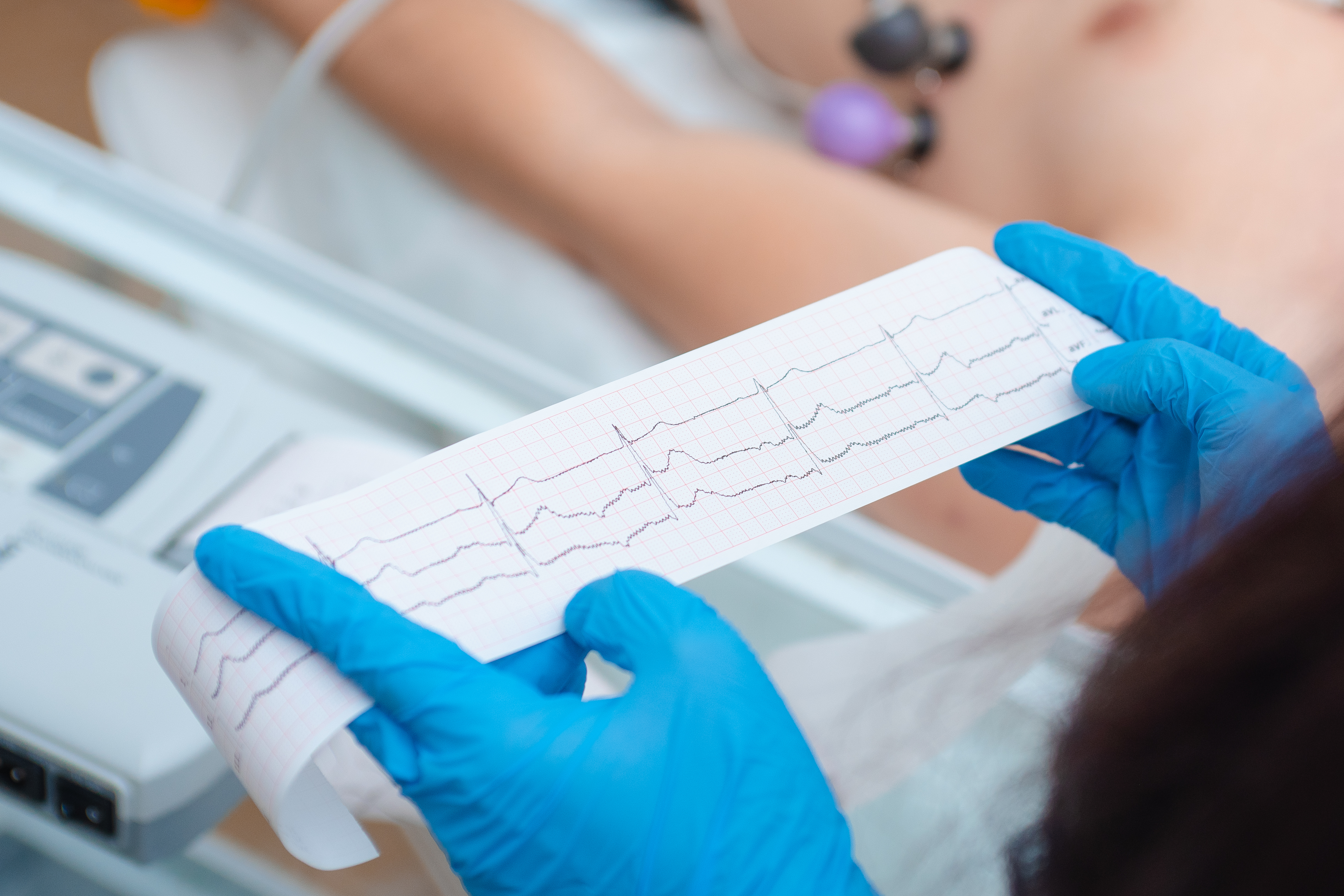
Average Hourly
$28.15
Range Hourly
$25.56-$30.25
Average Yearly
$54,883
Range Yearly
$49,842- $58,987
Cardiology technologists and electrophysiological diagnostic technologists (3217)
Cardiac stress technologist; Cardiac technician; Cardiology technician; Cardiology technologist; Cardiovascular technician; Cardiovascular technologist; Charge technologist - electrocardiography; Electrocardiographic (ECG) technician; Electrocardiographic (ECG) technologist; Electrocardiography technician; Electrocardiography technologist; Electrocardiology technician; Electrocardiology technologist; Holter monitor technologist; Holter scanning technologist; Neuroelectrophysiology technologist; Non-registered electrocardiography technician; Registered cardiology technologist; Registered electrocardiography technician; Student cardiology technologist; Vascular technologist
Completion of a two-year college diploma program in Cardiology technology and supervised practical training/or a Medical Laboratory Assistant/Technologist course
Medium
Employment outlook is fair to undetermined in most provinces. More information is available here.
Without further education, chances to advance in this occupation are limited
0-1 year training and experience are usually required
British Columbia Institute of Technology (BCIT) - distance learning program
Stenberg College - on-line based program
Mohawk College - classroom-based program - Hamilton, ON
Vancouver Island Institute of Technology - classroom-based program - Vancouver Island, BC
Collège Communautaire du Nouveau-Brunswick - based in New Brunswick
professionalism, maturity and self-confidence
empathy and the ability to reassure patients
the ability to be detail-oriented
the ability to respond quickly and appropriately in emergencies
the ability to work with little direct supervision
the ability to work as part of a team.
Cardiology technologists do shift work in healthcare settings. The work is physically demanding. They are on their feet most of the time. They sometimes lift and move patients who cannot move on their own.
Hospitals
Clinics
Medical laboratories
There are two ways to start. One can do a two-year college diploma program in cardiology technology and supervised practical training.
Registration with the Canadian Society of Cardiology Technologists in all provinces except Quebec is also required.
Another way is to do a Medical Laboratory Assistant program that is generally 6 months to 1 year long. This is only limited to 12 lead ECGs, however, other laboratory tests will also be taught there.